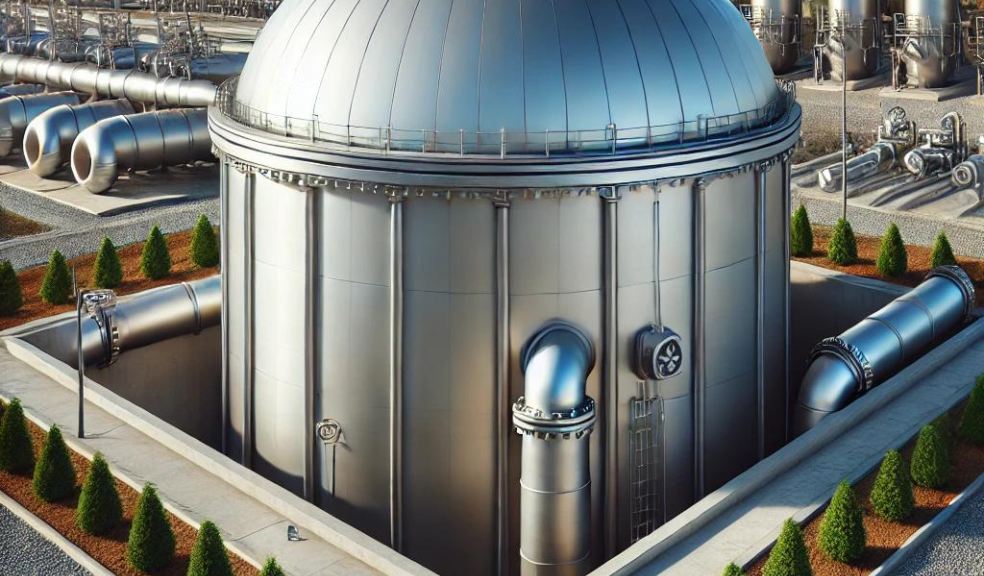
Exploring the Benefits of Underground Storage Vessels for Industrial Use
In the industrial sector, the storage of large quantities of liquids, gases, and other materials is a critical aspect of operations. One solution that has gained popularity is the underground storage vessel. These vessels are designed to be buried below the surface, offering a range of benefits that make them an ideal choice for many industries. From environmental protection to space efficiency, underground storage vessels provide significant advantages that are worth exploring in detail.
Space Optimization in Industrial Sites
One of the primary benefits of underground storage vessels is the optimization of space. Industrial sites often have limited surface area, and utilizing underground storage allows for the preservation of valuable above-ground. This is particularly beneficial in urban or densely populated areas where space is at a premium. By moving storage underground, businesses can maximize their operational space, potentially expanding production capabilities or creating additional areas for other critical functions without needing to acquire more land.
Enhanced Environmental Protection
Environmental concerns are at the forefront of industrial planning and operations. Underground storage vessels being buried underground provides an extra layer of containment, further mitigating the impact of any potential breaches. This makes them an excellent choice for storing hazardous materials or substances that could pose environmental risks.
Security and Safety Benefits
Security is another significant advantage of using underground storage vessels. Because they are located below ground, these vessels are less vulnerable to tampering, vandalism, or accidental damage from external sources. This inherent protection is crucial for industries that store sensitive or dangerous materials. Moreover, the underground placement of storage vessels can also protect contents from extreme weather conditions, such as hurricanes or tornadoes, which could damage above-ground tanks and lead to catastrophic consequences.
Temperature Regulation and Stability
Underground storage vessels benefit from the natural insulation provided by the earth. This results in more stable internal temperatures, which is essential for materials that are sensitive to temperature fluctuations. Industries that require the storage of chemicals, fuels, or other temperature-sensitive substances can rely on underground storage vessels to maintain a consistent environment. This stability not only helps preserve the quality and integrity of the stored materials but also reduces the need for additional temperature control systems, leading to energy and cost savings.
Long-Term Durability and Cost-Effectiveness
While the initial installation of an underground storage vessel may require a significant investment, the long-term benefits often outweigh these costs. These vessels are designed for durability and longevity. The reduced risk of environmental contamination and damage also means fewer potential liabilities and associated costs. In the long run, industries can achieve significant cost savings, making underground storage vessels a financially sound investment.
Innovative Industrial Solutions with Underground Storage Vessels
The use of underground storage vessels represents a safety approach to solving several industrial challenges. Their ability to optimize space, and offer superior security and temperature stability makes them a valuable asset for many industries. Additionally, the long-term cost-effectiveness and durability of these vessels further solidify their position as a preferred storage solution. As industries continue to evolve and seek more efficient and sustainable practices, underground storage vessels are likely to play an increasingly important role in industrial storage strategies.













